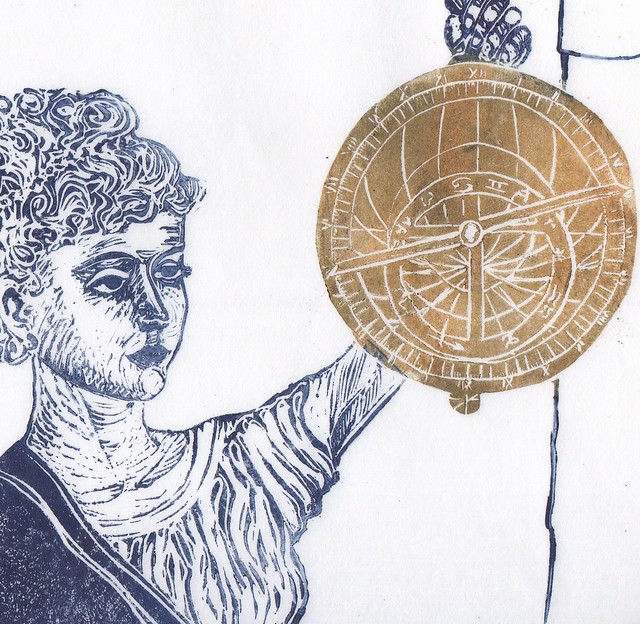Whether we know it or not, most religions have a dark side to them. More than just the current American mentality of “Islam is bad,” religions of all kinds have usually had some history with practices in some sort of magic, and Christianity is no exception. Regardless of whether these practices have yielded actual results or not, the intentions behind them are enough to warrant skepticism. The age old practice of cursing may have recently been made synonymous (almost exclusively so) with profanity, but there was once a time when the term referred to more than just the spouting of obscenities. By examining the history of Christianity, as well as some of these Christian curses (particularly those dating back to the late antiquity), we will see that even the most widespread of religions can have questionable backgrounds.
Since its emergence from the shadow of Judaism in the time of ancient Rome, Christianity referred to itself as a universal religion, though definitely less universally accepting and more seeking universal acceptance. Eventually, their need for acceptance would push the city of Rome to begin widespread persecution of Christians, ultimately ceasing with the issuing of the Edict of Milan in 313 AD, bringing about the legalization of Christianity. With this victory, Christianity began to spread even further than ever before.
| Spread of Christianity to 325 AD
| Spread of Christianity to 600 AD
Unfortunately, there will always be those who refuse to join the cause, which brings us to the curses. From turning men “tongue-tied” to bringing seventy different diseases upon a person, the range of curses the Christians had access to is staggering. For a religion which advertised itself as “universal,” it certainly had a wide variety of ways to bring harm to people (in theory).
In conclusion, while we may perceive Christianity today as a harmless, widely accepted religion, it should be remembered that it has had a somewhat dark past. The horrors that some people would wish upon their fellow man for something as simple as a disagreement of religious beliefs are almost unspeakable. Thankfully, it seems as though our more scientific mentality of the present has allowed us to leave such practices behind.
Bibliography:
Hornblower, Simon, and Antony Spawforth. The Oxford Companion to Classical Civilization. Oxford: Oxford UP, 2004. Print.
Ward, Allen M., Fritz M. Heichelheim, and Cedric A. Yeo. A History of the Roman People. 4th ed. Upper Saddle River: Prentice Hall, 2003. Print.
Meyer, Marvin W., and Richard Smith. Ancient Christian Magic: Coptic Texts of Ritual Power. Princeton: Princeton UP, 1999. Print.



